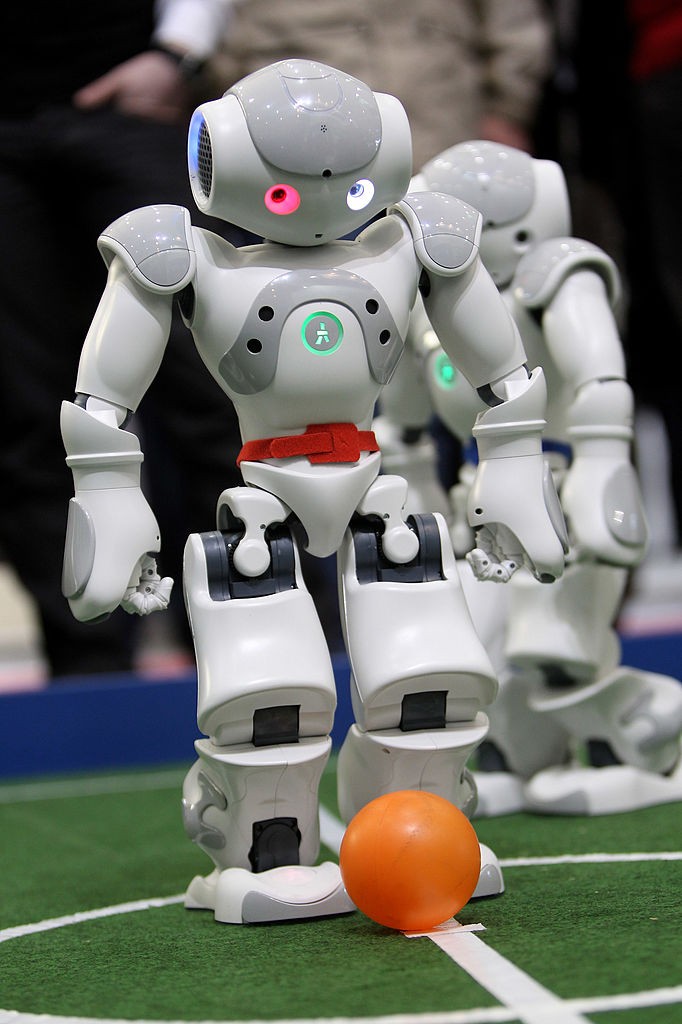To develop digital intelligence to benefit humanity, several major Silicon Valley investors agreed to commit $1 billion to establish an artificial intelligence (AI) research center.
The investors include Tesla founder Elon Musk, venture capitalist Peter Thiel and LinkedIn co-founder Reid Hoffman, reports The New York Times. However, the $1-billion funding commitment is long term. For the first few years of the project, they would spend only a portion of the total commitment.
The center, OpenAI, will be a nonprofit company and be based in San Francisco. The machine that the AI center would develop machines would be capable of performing any intellectual task that a person can do. However, Musk assures that its focus would be create technologies designed to augment instead of replacing humans.
It would be overseen by Ilya Sutskever, who used to work for Google, and Greg Brockman, former chief technology officer of Stripe, a payments startup.
The systems that OpenAI would build is based on deep learning, a form of AI that could identify images, recognize spoken words, translate languages and understand the natural way humans talk to a certain extent. Sutskever was trained in deep learning by George Hinton, one of the founders of the movement and now working for Google, reports Wired.
It relies on neural networks, machine that mimic how neurons work in the human brain. For instance, for the machine to identify a specific animal, photos of that animal are fed into the machine. By feeding it enough dialogue, it would be eventually good in conversing.
OpenAI would open source their output, which means it is freely shared to the world. The center's future competitors have recently also open sources some of their works. Facebook open sourced its deep learning hardware, while Google open sourced its TensorFlow, the core software engine of the company.
Hoffman adds that among the specific applications that OpenAI could focus on are self-driving cars, medical diagnosis and precision personalized medicine and other areas of data, analysis and decision-making across industries.



























